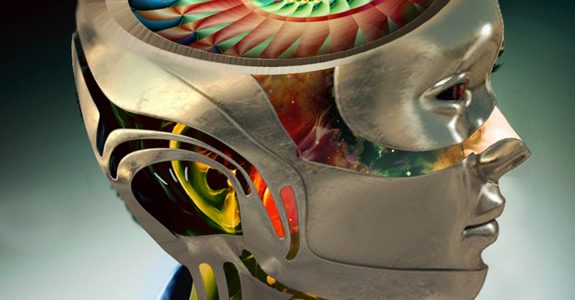“What do machine learning, deep machine learning and artificial intelligence have in common?”
“We believe them more than we believe our fellow humans.”
Is that true?
When a doctor makes a diagnosis do we simply take it for granted they’ve got it right? Probably not. At the very least we’ll search all of our available sources of knowledge. That might mean asking our friends or friends of friends with similar experience or using Google to show us what it believes are the top relevant articles, which of course aren’t necessarily the wisest.
There’s a very high probability that we’ll gather information from a variety of sources and decide what to believe and what to discard. That is until we use the magic of machine learning where it all happens inside the algorithmic ‘black box’ and we simply have to believe.
This article in the New York Times suggests that humans are black boxes too; we don’t really understand how decisions are being made. This seems like a reasonable argument, but maybe what it tells us is that we shouldn’t trust algorithms any more than we should trust humans – ultimately we should decide for ourselves who and what to believe.
Or, does that simply lead to not trusting the experts?
A conundrum for sure, but not a new one.



